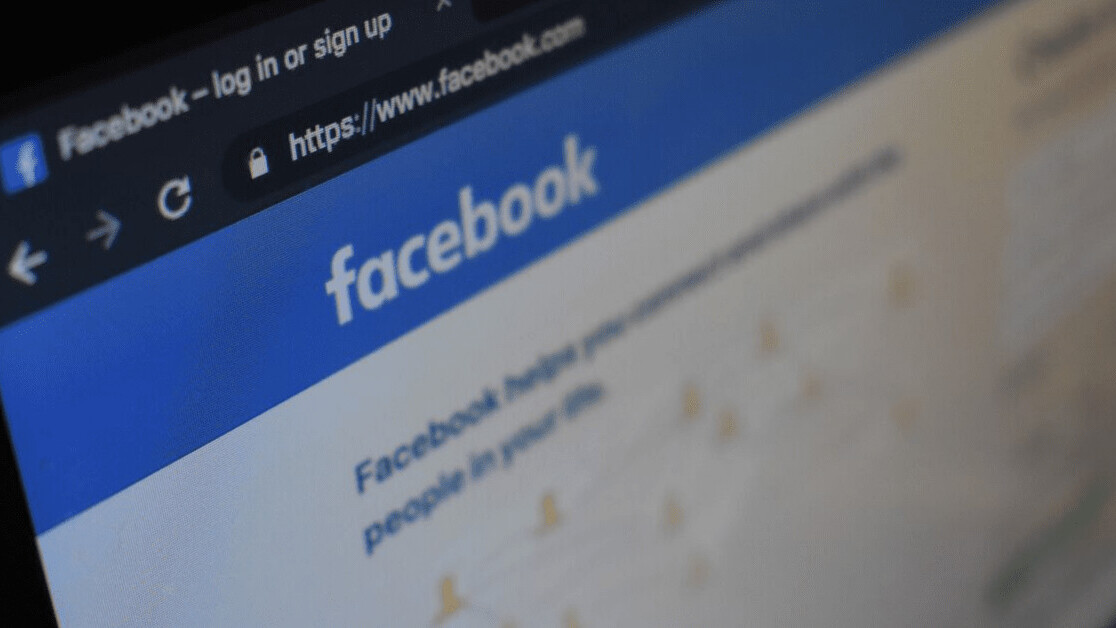
Social media, a tool created to guard freedom of speech and democracy, has increasingly been used in more sinister ways. From its role in amplifying political disinformation in elections, to inciting online violence, and lowering the levels of trust in media — Facebook isn’t just a space to share “what’s on your mind,” and you’d be naive to believe so.
A study by the Oxford Internet Institute, as first reported by The New York Times, found that since 2017, organized social media manipulation has more than doubled with at least 70 countries known to be using online propaganda to manipulate mass public opinion, and in some cases, on a global scale.
Titled “The Global Disinformation Order,” the research collected information from various news organizations, civil society groups, and governments from around the world to produce a global inventory of social manipulation trends. For example, it found that in Vietnam, people were enlisted to post pro-government messages on their personal Facebook profiles. And in Guatemala, the government harnessed hacked and stolen social media profiles to silence opposing opinions.
But it ultimately found that China is the leading country in spreading global disinformation, labeling it as a “major player.” According to the study, this is one of the most significant developments in the past year because until the protests in Hong Kong this year, most evidence of Chinese online propaganda was found on its own in-house apps, including WeChat and Weibo. However, the country is now using global platforms like Facebook, Twitter, and YouTube to spread disinformation which the study notes “should raise concerns for democracies.”
China isn’t the only country crossing borders in an attempt to manipulate opinion. The study also found that India, Iran, Pakistan, Russia, Saudi Arabia, and Venezuela have taken up tactics to spread disinformation globally.
Despite there being more social media platforms than ever, Facebook remains the most popular choice for social media manipulation with propaganda campaigns found on the platform in 56 countries.

Social platforms like Facebook, YouTube, and Instagram face the almost impossible challenge of moderating speech online, such as attempting to moderate what counts as freedom of speech and hate speech — and this becomes even more impossible when the perpetrators of disinformation are governments.
Although social networking companies have introduced teams of people to fight the spread of disinformation online, the study found that more countries are using more discrete methods including bots, fake accounts, and trolls-for-hire which is becoming increasingly harder to control.
Techniques currently used by countries to spread disinformation will inevitably continue to evolve as new technologies become more readily available, including deepfakes. The authors of the study pointed out that Facebook’s influence in political opinion isn’t just a case of micro-targeting ads, it lies deeper in its structural issues that allow perpetrators to easily spread false information and they believe, Facebook isn’t doing enough about it.
Get the TNW newsletter
Get the most important tech news in your inbox each week.





